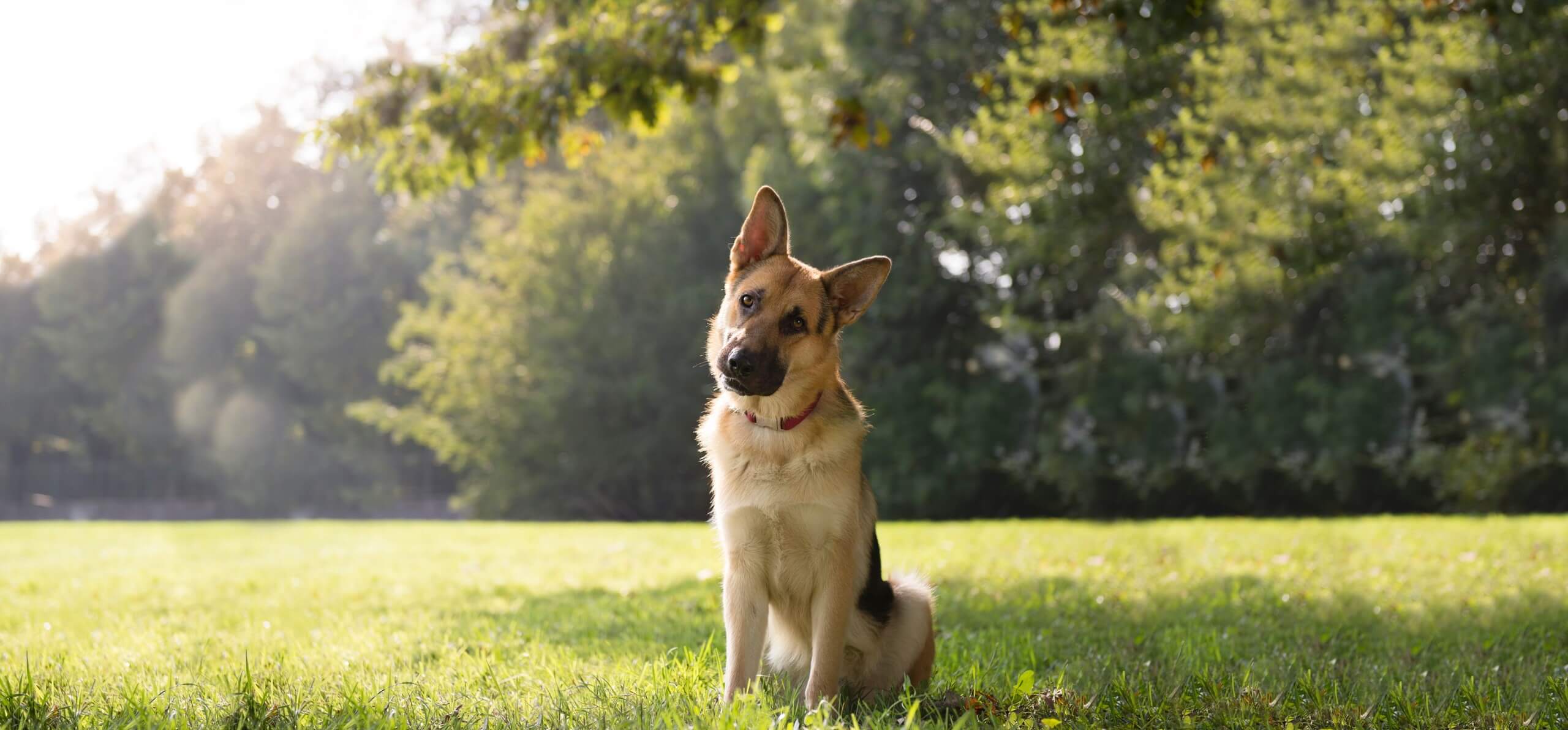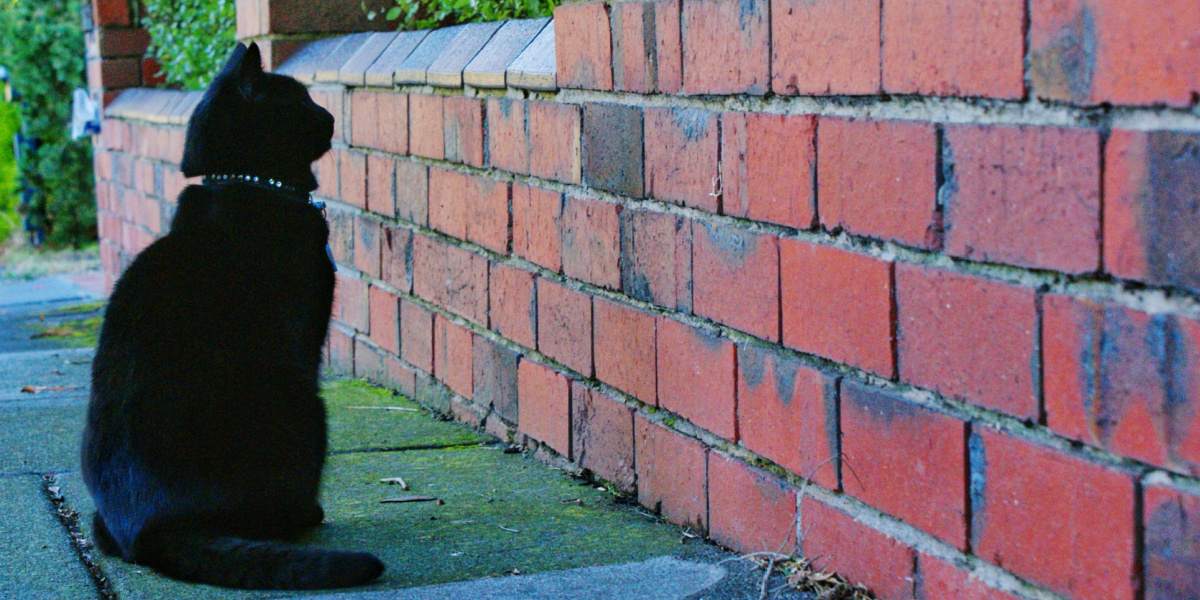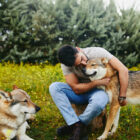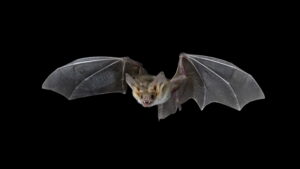Why are animals scared of fireworks?

In the realm of celebrations and festivities, fireworks have become synonymous with joy and exuberance. Amidst the dazzling displays and bursts of color, a question arises: why do animals, our silent companions in the natural world, often cower in fear at the mere sound of fireworks?
Sensory Overload – The Auditory Challenge for Animals
Imagine a world where your sense of hearing is exponentially more acute than it is for humans. For many animals, this is a daily reality.
Dogs, for instance, have an auditory range that far surpasses ours, allowing them to hear sounds at frequencies as high as 65,000 Hz compared to the human limit of 20,000 Hz. Fireworks, with their thunderous explosions and high-pitched whistles, create a cacophony that can be overwhelmingly loud for these creatures. The startling intensity of the noise triggers a primal fight-or-flight response, leaving animals anxious and distressed.
Similarly, cats and various wildlife species navigate their environments using finely tuned auditory cues. In the face of fireworks, this heightened sense of hearing becomes a double-edged sword, transforming what is intended as a joyous celebration into a jarring symphony of dissonance.
Fireworks are notorious for generating high-decibel levels, often exceeding 150 decibels at their peak. To put this into perspective, a normal conversation hovers around 60 decibels, and sustained exposure to sounds above 85 decibels can lead to hearing damage in humans.
Now, imagine the impact on animals whose ears are finely tuned to detect sounds at lower thresholds. The explosions of fireworks rupture the tranquility of their auditory world, causing not just fear but also potential harm to their delicate hearing apparatus.
Fireworks and the Fear of the Unknown
Animals thrive on routine and familiarity. The sudden eruption of fireworks disrupts the tranquility of their surroundings, introducing an element of unpredictability and chaos. Whether it’s a domestic pet in the comfort of its home or a wild animal in its natural habitat, the unexpected flashes of light and deafening sounds induce a sense of vulnerability. In the face of the unknown, animals instinctively seek refuge or attempt to flee from the perceived threat, driven by an innate survival mechanism honed over centuries of evolution.
The explosive nature of fireworks creates a startling effect that triggers an immediate stress response in animals. This is not a matter of simple discomfort; it is an evolutionary response deeply ingrained in their survival instincts. The sudden, loud noises mimic the warning signals of natural threats in the wild – the roar of a predator or the crack of thunder. In the face of such perceived danger, animals instinctively prepare to either confront the threat or flee to safety.
The Startling Impact on Wildlife
Wildlife, too, bears witness to these explosive displays, and the consequences are not insignificant. For birds, which often navigate by the stars or the moon, the sudden illumination of the night sky by fireworks can be disorienting. Nocturnal creatures, in particular, rely on the cover of darkness for essential activities such as foraging and mating.
The abrupt intrusion of blinding lights can interfere with their ability to locate food sources, avoid predators, and even find mates during the critical breeding seasons. Research has shown that these disruptions can lead to a decline in reproductive success, affecting population dynamics over time.
Fireworks not only impact creatures airborne but also those firmly grounded. From small mammals to reptiles and amphibians, the shockwaves created by explosive sounds trigger stress responses. These stressors can have detrimental effects on the overall health of these animals, compromising immune systems, reproductive capabilities, and even contributing to population declines. In sensitive ecosystems, such disturbances can set off a chain reaction, affecting the entire food web and ecosystem services.
The reach of fireworks extends beyond terrestrial habitats, affecting marine life as well. The underwater explosions can travel through water, causing distress to marine animals that rely on sound for communication, navigation, and feeding. Whales, dolphins, and other cetaceans, with their intricate sonar systems, can experience disorientation and communication breakdowns, potentially leading to strandings or collisions.
A Global Perspective on Animal Welfare and Fireworks
The issue of animal fear and fireworks is not confined to a specific region or species. Across the globe, various communities are grappling with the ethical considerations surrounding the use of fireworks in the context of animal welfare.
Cultural traditions often dictate the manner in which communities celebrate. In some cultures, fireworks symbolize the triumph of good over evil, the ushering in of a new year, or the commemoration of historical events. However, as our understanding of animal behavior and welfare advances, ethical dilemmas emerge. How do we reconcile the cultural significance of fireworks with the potential harm inflicted on the animal kingdom?
For regions rich in biodiversity, the impact of fireworks on wildlife conservation is a growing concern. The disturbance caused by explosions and flashes of light can disrupt critical behaviors in vulnerable species. Conservationists and wildlife enthusiasts are increasingly advocating for the adoption of silent fireworks or alternatives that minimize the impact on natural habitats.
In response to the challenges posed by fireworks, some nations are implementing legislative measures to mitigate their impact on animals. These measures may include restrictions on the types of fireworks that can be used, designated celebration areas, and public awareness campaigns.
How to protect your pet
Create a Safe Haven at Home
One effective way to shield your pets from the stress of fireworks is to create a safe and comfortable space within your home. Choose a quiet room, preferably with minimal windows, where your pet can retreat and feel secure. Equip this haven with familiar items such as their bed, toys, and a bowl of water. Consider playing soft, calming music to drown out the noise of the fireworks and provide a sense of normalcy.
Use Calming Products
In recent years, a variety of products designed to alleviate pet anxiety have entered the market. Calming vests, pheromone diffusers, and anxiety wraps can offer a sense of security to pets during stressful situations. Consult with your veterinarian to determine the most suitable option for your pet’s specific needs.
Plan for Exercise and Distraction
Before the fireworks commence, engage your pet in activities that promote relaxation and fatigue. A long walk, interactive play, or puzzle toys can help redirect their focus and energy, making them less susceptible to anxiety. A tired pet is more likely to seek rest during the fireworks rather than succumb to fear.
Stay with Your Pet
Your presence can be a source of comfort for your pet during fireworks displays. Spend quality time with them in their safe haven, offering soothing words and gentle physical contact. This not only provides reassurance but also reinforces the bond between you and your furry companion.










